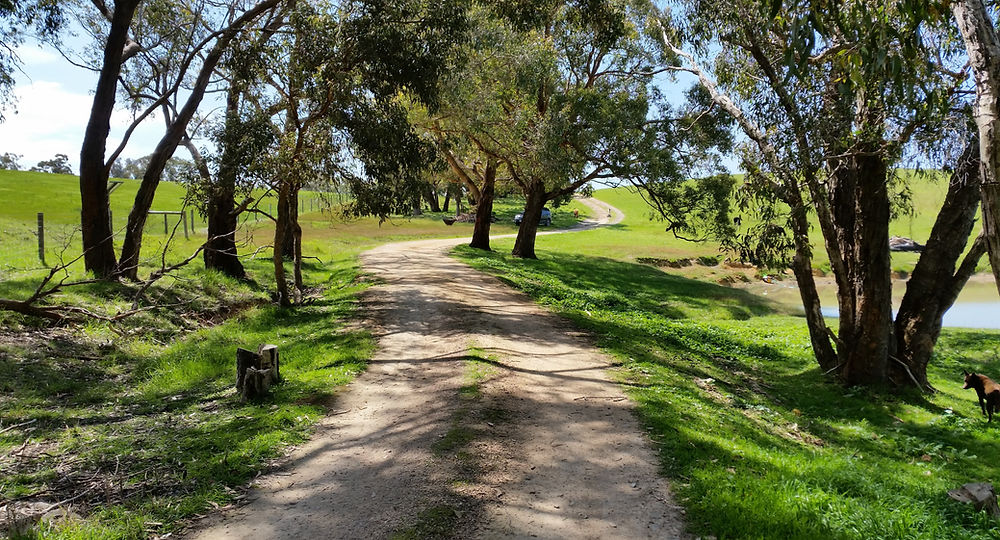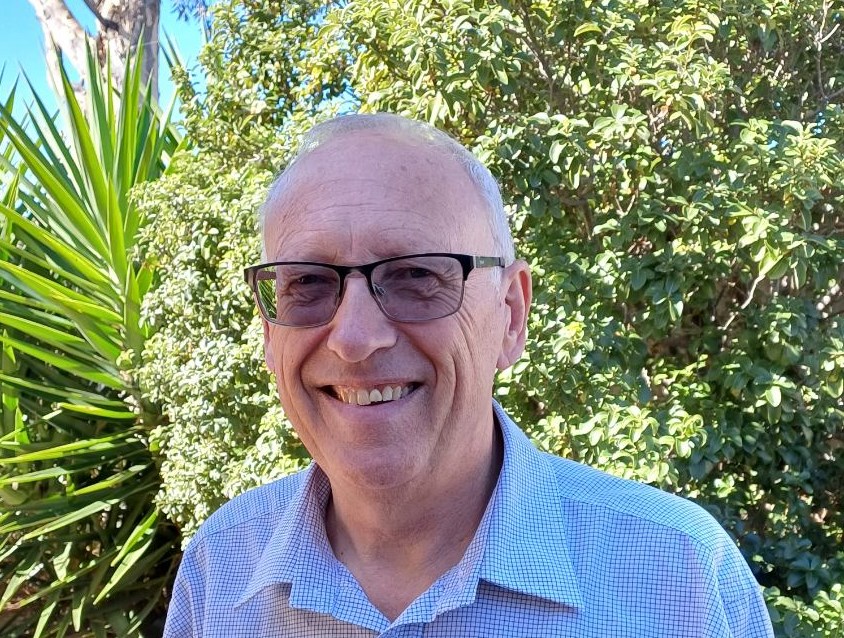Summary
Maccy Biochar is a Task Group of the Macclesfield Community Association Inc.
We:
- Receive tree litter and other organic debris (eg. prunings, off-cuts, woody weeds, etc) from local households, landowners, businesses and Council;
- Produce and sell carbon-negative biochar in bulk to retailers for local gardens, local horticulture, agriculture and other local industrial uses;
- Provide on-farm biochar production using a mobile kiln;
- Conduct training courses on biochar basics;
- Conduct demonstration workshops;
- Advise other communities on how to set up their own biochar group.
Why Biochar?
Biochar is a form of charcoal and is good for the soil, good as an animal feed supplement, has numerous industrial uses and combats climate change by sequestering carbon.

Our drop-off site on Shady Grove road
2019 – 25
SCOREBOARD at 1 December 2025*
| BIOCHAR PRODUCED** | 85,950 Litres |
| CARBON CAPTURED | 12,277 Kg |
| NET CO2 REMOVED | 40.69 Tonnes |
| ELECTRICITY OFFSET | 127.48 MWhr |
* Based on 3rd party biochar analysis dated 12/1/23.
** Includes approx. 20,000L made by members for private use.
What is Biochar?
by David Reynolds

Our Story So Far
In December 2018, two Macclesfield residents, Kelvin Williams and Brian Lewis started discussing the merits of starting up a biochar centre in Macclesfield. There was mutual agreement that such a Centre, if run as a not-for-profit community enterprise, could have real benefits for the community and would demonstrate that individuals can do something about Climate Change.
Brian prepared an outline of a proposal for a Community Biochar Centre and circulated it to individuals, community groups and the Mt. Barker Council for comment.
A public meeting was held at the Macclesfield Institute on 22 January 2019 to discuss the proposal and to form a Steering Committee to take the project forward as a community effort. The meeting was well attended by local residents and landowners, and by representatives of Mt. Barker Council (Mayor Ann Ferguson), Federal Member for Mayo, Rebekha Sharkie, and Regional Development Australia (Fleurieu, KI and Adelaide Hills), Steve Shotton.
A Steering Committee was duly elected comprising: Brian Lewis (Chair), Kelvin Williams, Kath Thurmer, Stephen Heading, Tess Minett (Ward Councillor), Greg Marlu and Greg Sarre (a representative from Mt. Barker Council).
The Committee prepared a detailed proposal and submitted it to Council on 31 March 2019 asking for approval for the project and for assistance in locating a suitable site. A deputation to the Mount Barker Council meeting of 6 May by Brian Lewis and Kelvin Williams presented an overview of the proposal to Councillors.
On 20 May 2019 the Macclesfield Community Association Inc. agreed to auspice the maccy biochar group.
On 27 July 2019 we held our first public open day to demonstrate the making of biochar.
On 15 August 2019 we made our first batch of biochar on private property.
On 16 August 2019 we received our first delivery at our first collection point on Shady Grove Road.
By the end of our first season (mid-November 2019) we had made in excess of 1000 litres of biochar and (based on the analysis of our biochar by an accredited 3rd party in April 2020) we had avoided about 0.8 tonne of carbon dioxide.
By the end of our first full season in 2020 we had made in excess of 18000 litres of biochar and removed about 10 tonnes of carbon dioxide.
In May 2021 we became a Task Group of the Macclesfield Community Association Inc. and by the end of 2021 we had made overall 40,000 litres of biochar and removed over 20 tonnes of carbon dioxide since we started out in mid-2019.
In 2022 we were a finalist and runner-up in the Community category of the SA Climate Leaders Awards by which time we had produced 50,000 litres of biochar and removed more than 25 tonnes of carbon dioxide.
In 2023 we were nominated for an Active Citizenship Award by the Mount Barker District Council.
2023(22) JOB CAMPAIGNS
2023(22) JOB SUMMARY:
1. Events:
Total number of job events = 51(43)
Number of production events = 24(22)
Number of wood collection events = 25(16)
Number of other events = 2(5)
Average number of production events per week (May to November) = 0.86(0.73)
2. Volunteer hours:
Total number of volunteer hours = 517(412)
Number of volunteer hours spent on production = 398(325)
Number of volunteer hours spent on wood collection = 108(71)
Number of volunteer hours spent on other tasks = 17(16)
3. CO2 emissions:
Total CO2 emissions from all jobs = 804(513.58) kg
CO2 emissions from production = 367(368) kg
CO2 emissions from wood collections = 164(119.38) kg
4. Biochar production:
Total biochar production = 14015(11043) litres
Job production = 11815(8374) litres
Member’s private production = 2200(2669) litres
5. Net CO2 removed:
Total net CO2 removed = 5.66(5.628) tonnes
5660 kgCO2 was removed by 14015 litres of biochar
1 kg CO2 was removed for every 2.47 (1.96) litres of biochar
Every 100 litres of biochar removed about 40(51) kg CO2.
Every 1000 litres of biochar removed about 400(510) kg CO2.
Note: Biochar production was up by about 27% compared to 2022. But carbon drawdown per 1000 litres of biochar was down by about 20% mainly because of vehicle emissions to country regions for workshops.